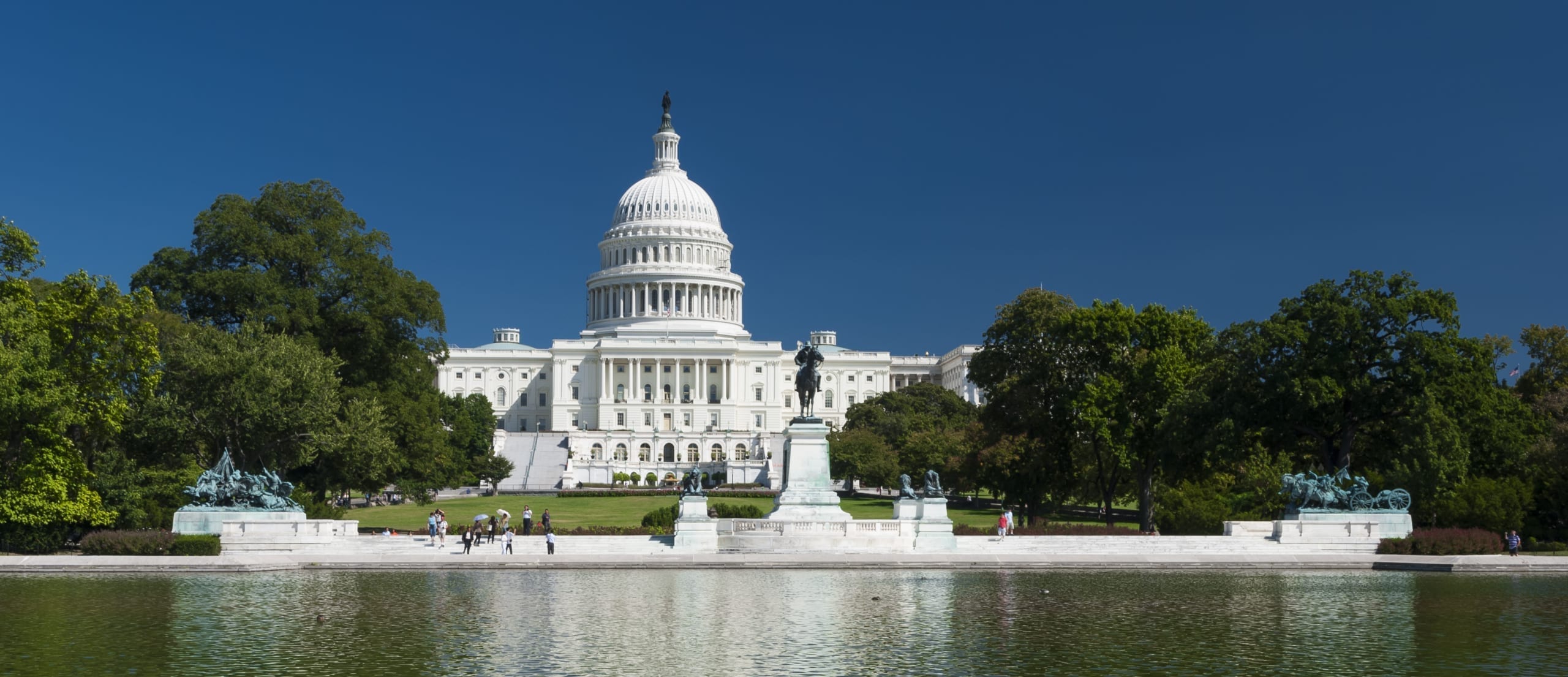
Advocacy Update: January 2020
Key issues include the FY20 budget, the youth vaping crisis, and public funding for private schools.
Topics: Advocacy and Legislation
FY20 Budget Signed Into Law
In late December 2019, Congress passed and the president signed an FY20 budget that funds the Department of Education (ED) through September 2020. The bill increases ED funding by $1.4 billion—the third largest increase for the department since FY11. The final bill provides a lower allocation than the House-passed bill, which increased ED funding by $4.4 billion, but it provides more than the Senate allocation, which increased funding by $223 million. One bright spot in this bill: Title, II-A received $2.1 billion, an increase of $76 million over 2019 levels.
Though the FY20 budget provides a decent funding boost to education programs for 2020, NAESP has already begun pushing for ESSA-authorized levels in FY21. The president’s FY21 budget is slated to be released in early February, with hopes that a final budget can be approved and signed by the president by late summer, ahead of the November elections. NAESP will be actively meeting with budget committee staff to push for higher allocations to the Ed-Labor-Health appropriation bill, which sets the funding levels for the Department of Education.
Youth Vaping
NAESP is actively lobbying Congress to take action against the youth e-cigarette public health crisis. More than 5.3 million middle and high school students used e-cigarettes in 2019, an alarming increase of more than 3 million in two years. The use of e-cigarettes places a new generation at risk of nicotine addiction and tobacco use. NAESP has joined other education and public health groups to advocate for the passage of H.R. 2339, the Reversing the Youth Tobacco Epidemic Act of 2019.
Most important, the legislation would remove flavored vaping and tobacco products from the market. In a recent survey, seven out of ten youth said they used e-cigarettes “because they come in flavors I like.” Flavors mask the harsh taste of tobacco and make it easier for kids to become addicted. It is critical for members of Congress to hear from their constituents—especially parents and educators—on the importance of advancing H.R. 2339.
SCOTUS: Espinoza v. Montana Department of Revenue
This week, the Supreme Court hears oral arguments in a case (Espinoza v. Montana Department of Revenue) that could have wide-ranging implications on states’ abilities to provide public funding for private schools. The case centers on a now disbanded Montana program that provided a dollar-for-dollar tax credit for individuals who donated to organizations that provided scholarships for students to attend private schools. Montana’s executive branch issued an administrative rule barring the scholarships from being used at religiously affiliated schools, citing the state constitution’s Blaine Amendment, which prohibits public dollars from being used at religiously affiliated school. The state’s high court agreed that the program violated the state’s constitution, prompting families that benefit from the program to sue. Last year, NAESP joined other national education groups in writing an amicus brief in support of the state of Montana.
—
Copyright © 2020. National Association of Elementary School Principals. No part of the articles in NAESP magazines, newsletters, or website may be reproduced in any medium without the permission of the National Association of Elementary School Principals. For more information, view NAESP’s reprint policy.

